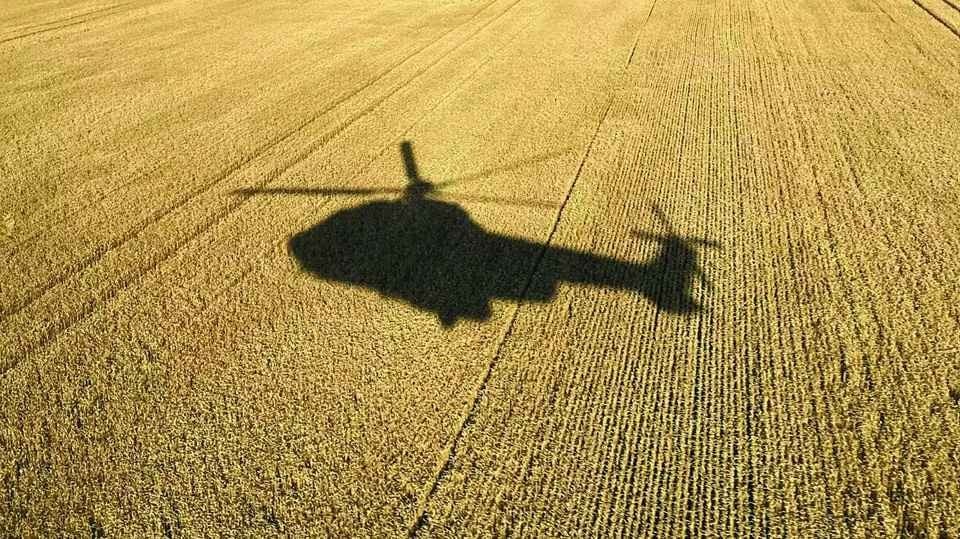 |
| Ukraine grain exports: Regardless of Europe's decision, Poland will not open its borders. In the photo: The shadow of a helicopter over a wheat field in Ukraine. (Source: Reuters) |
“The Council of Ministers (Poland) calls on the European Commission to extend beyond September 15, 2023 the ban on imports of four agricultural products, including wheat, corn, rapeseed (colza) and sunflower seeds from Ukraine to five EU countries (Poland, Slovakia, Hungary, Romania and Bulgaria); to take immediate action and find solutions so that local producers in Poland and the European Union can operate stably and efficiently.
If the EC does not extend the ban on grain imports from Ukraine beyond September 15, Poland will introduce such a ban at the national level," the Polish government made this clear in a statement released on September 12.
Earlier, Polish Prime Minister Mateusz Morawiecki, Minister of Agriculture Robert Telus and Polish government spokesman Piotr Müller all announced this to the media.
“Poland will not be flooded with Ukrainian grain,” Prime Minister Morawiecki wrote on social network X , saying that despite the decision of Brussels officials, Poland will not open its borders.
He attached to his post a video from the ruling Law and Justice party, in which the head of the Polish government stressed, "Poland has taken in millions of refugees from Ukraine." At the same time, when defending Poland's interests, the government will defend the interests of the entire countryside.
In the video, Prime Minister Morawiecki stressed that it was Poland’s “firm stance” that led to the suspension of Ukrainian grain imports into the European common market. He noted that while Brussels is deciding whether to maintain the embargo on Ukrainian grain, Poland will not allow the Polish market to be dominated by Ukrainian agricultural products.
Speaking on Polish Radio, Minister Telus said his ministry recommended that the Polish government adopt a decree confirming that "Ukrainian grain will not be placed on the Polish market after September 15."
However, he assured that Warsaw would support the transportation of Ukrainian grain through Polish territory to third-country markets, especially to Africa.
Earlier, Polish government spokesman Piotr Müller also revealed to the media about Poland's decision. The warning sent to the EU will emphasize that if the EC does not extend the ban on grain imports from Ukraine to five member states, Warsaw will make a corresponding decision at the national level based on security provisions.
In May, the EC banned imports of wheat, corn, rapeseed and sunflower from Ukraine to Bulgaria, Hungary, Poland, Slovakia and Romania, after the countries insisted on it. On June 5, the ban was extended until September 15. As that deadline approaches, the five EU member states want to extend the ban on Ukrainian grain imports until the end of the year, even asking for it to be extended to other products.
Faced with this situation, the Ukrainian government affirmed that if the EC extends the ban on importing Ukrainian grain after September 15, Kiev may consider similar measures.
Meanwhile, the EC is really having trouble with the "Solidarity Lane" as they have not been able to find a satisfactory solution that all parties can accept for the issue of exporting Ukrainian grain to five neighboring countries that are all members of the EU.
As the September 15 deadline approaches, Miriam García Ferrer, a spokeswoman for the European Commission for Agriculture and Trade, said that the relevant officials have met eight times and the parties are still actively looking for concrete solutions to strengthen the capacity of the “solidarity lane”, to identify problems and consider solutions. So far, “together with the representatives of Kiev, they have shared data and statistical information on Ukrainian grain imports and exports, but no decisions have been submitted to the EC. They continue to look for a mutually acceptable solution,” Ferrer said.
The Russia-Ukraine conflict has led to sanctions and retaliatory moves, with the EU, in response to the blockade of Ukraine's Black Sea ports, creating "solidarity routes" on the borders of European member states with Ukraine, to help the country transport food, including grain, to world markets. Ukraine has now become completely dependent on alternative EU routes.
However, the “side effect” of the “solidarity routes” is to increase the flow of agricultural products from Ukraine, causing complications in the markets of five neighboring countries: Bulgaria, Hungary, Poland, Slovakia and Romania. This makes farmers in these countries face increasing competition from cheap Kiev grain in their own markets.
According to statistics, since the launch of the “solidarity lanes” until the end of July 2023, 44 million tons of Ukrainian grain, sunflower seeds and related products have been transported from this country. However, this has also caused many groups of farmers in five countries neighboring Ukraine to join protests against the massive import of agricultural products from Ukraine. Grain producers have blocked some border crossings with agricultural vehicles in response.
As of April 2023, the EC estimates that farmers from Poland, Romania, Hungary, Bulgaria and Slovakia have lost a total of 417 million euros because of cheaper grain from Ukraine.
Meanwhile, in a related development on Ukrainian grain, “alternative routes for exporting grain from Ukraine are unlikely to compare favorably with routes via the Black Sea,” the UK Ministry of Defense recently stated in a report. “Ukraine has had success using alternative methods such as river, rail and road to export its grain; however, this is unlikely to compare favorably with the capabilities of export routes via the Black Sea,” the assessment stated.
Source






![[Photo] 2nd Conference of the Party Executive Committee of Central Party Agencies](https://vstatic.vietnam.vn/vietnam/resource/IMAGE/2025/3/31/8f85b88962b34701ac511682b09b1e0d)
![[Photo] Prime Minister Pham Minh Chinh receives delegation of leaders of US universities](https://vstatic.vietnam.vn/vietnam/resource/IMAGE/2025/3/31/8be7f6be90624512b385fd1690124eaa)
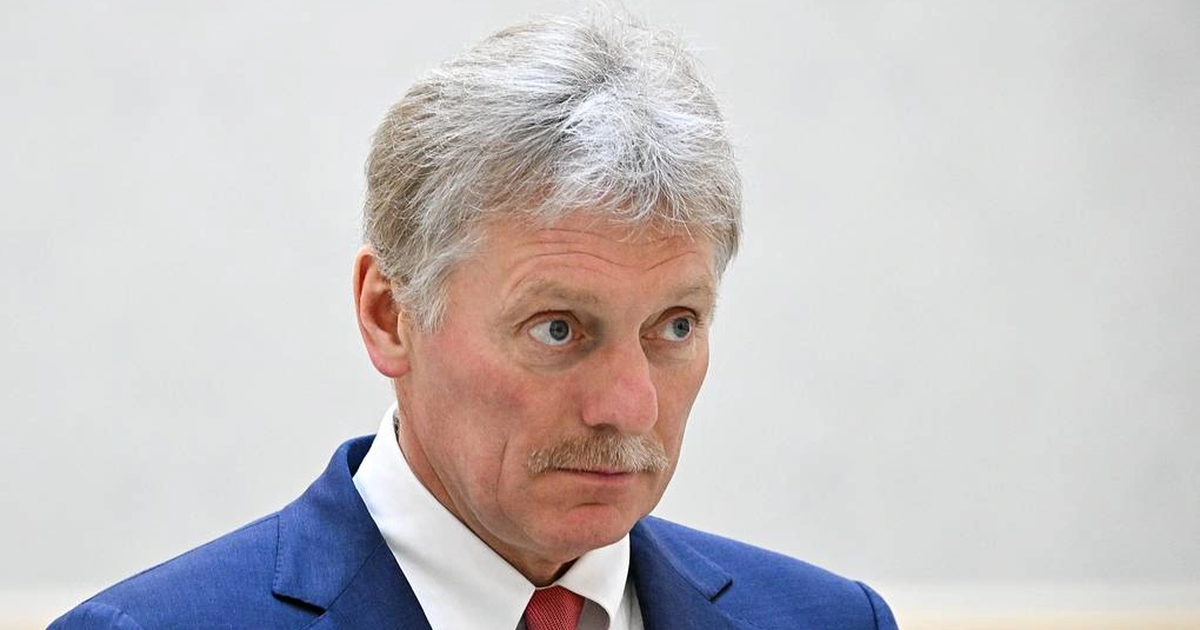

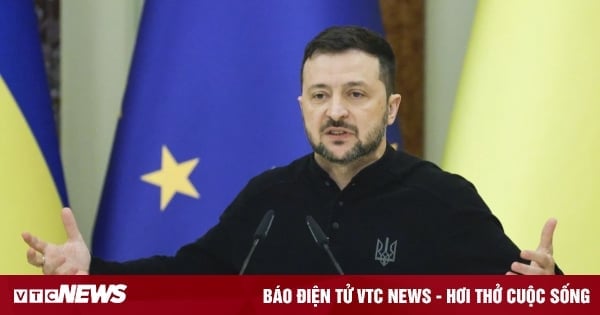

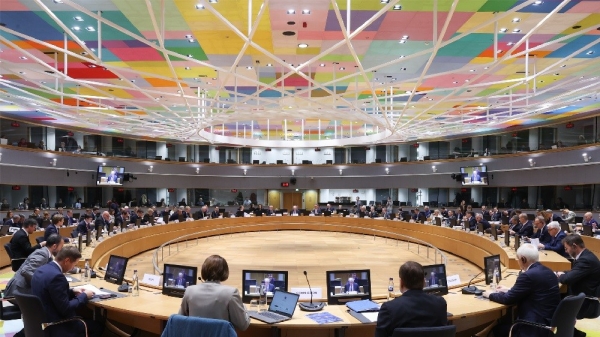
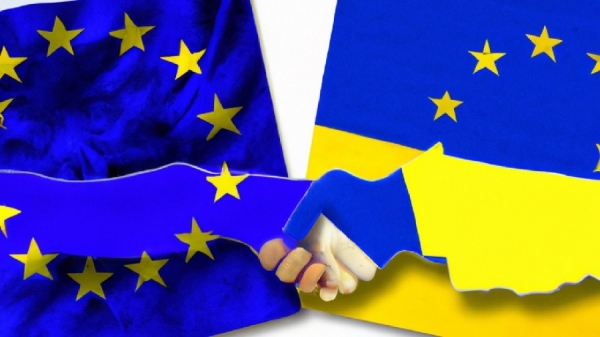
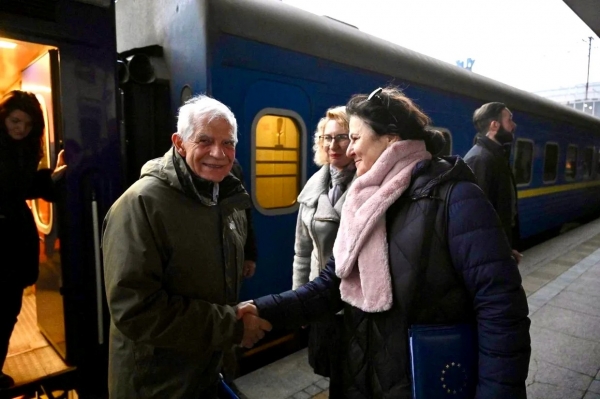
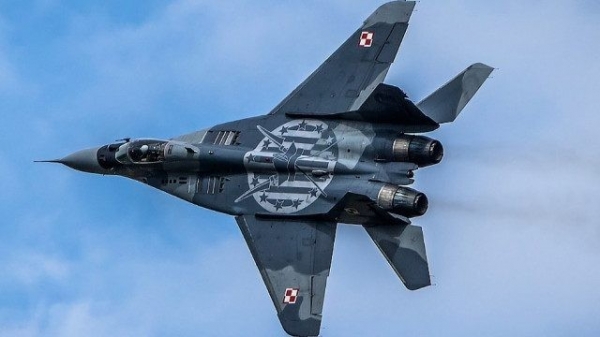

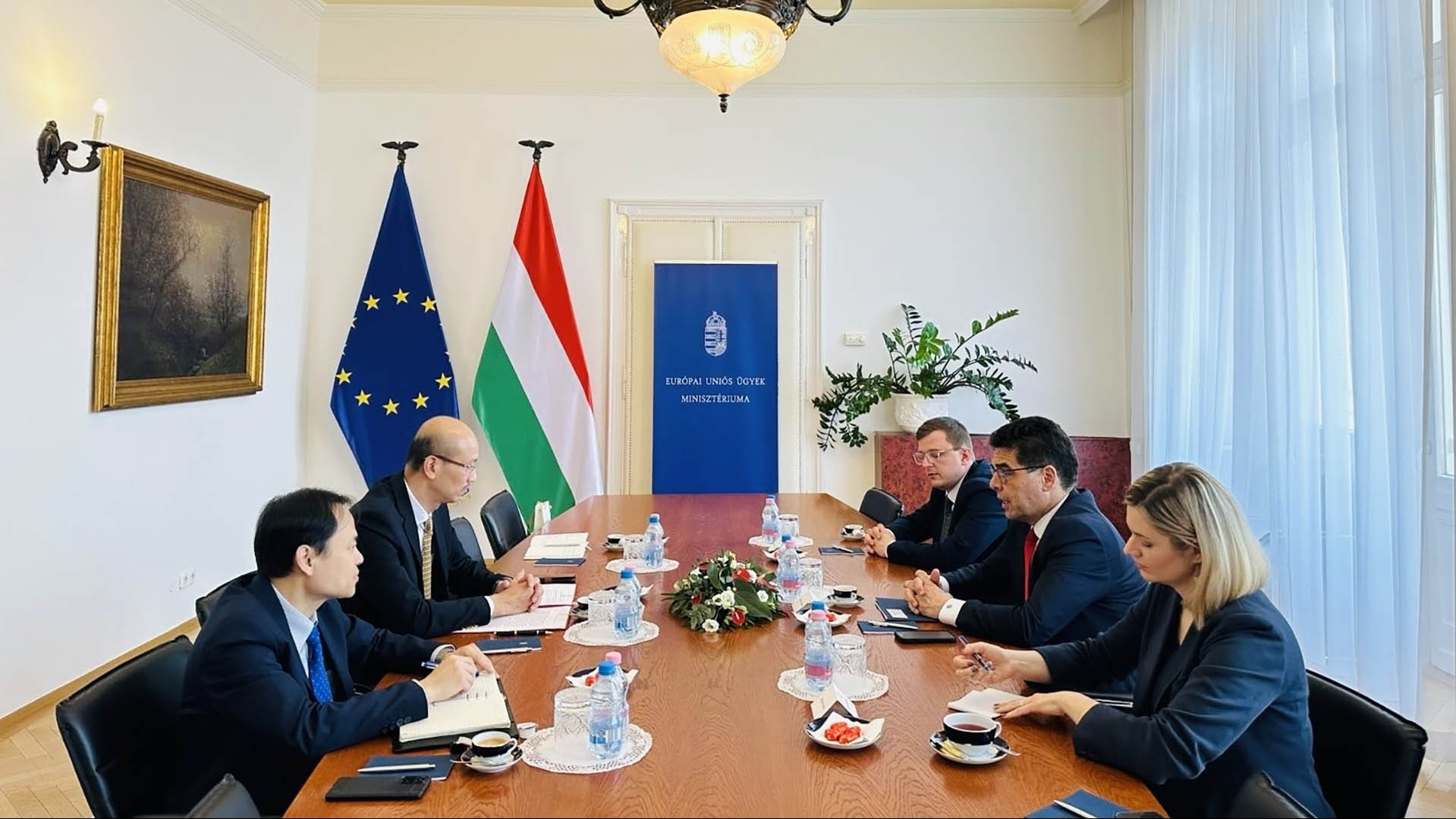
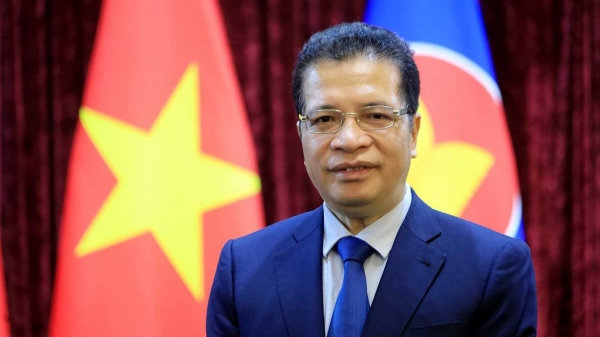
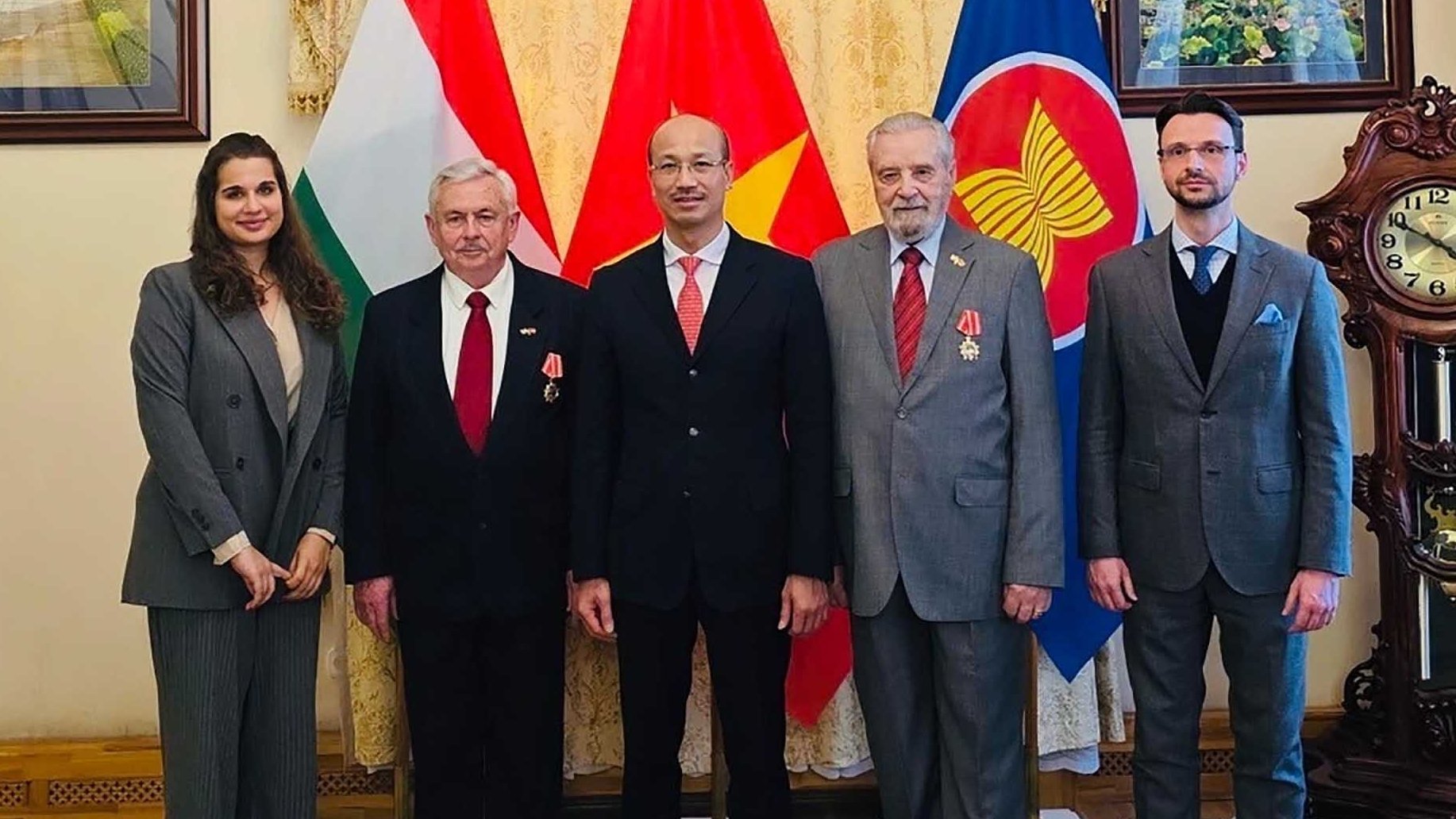

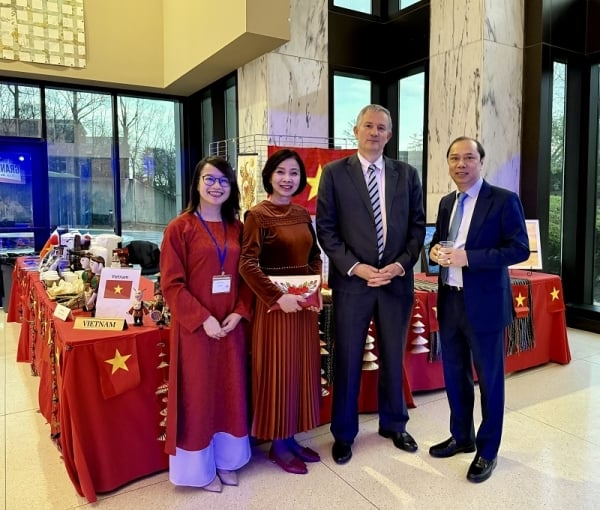


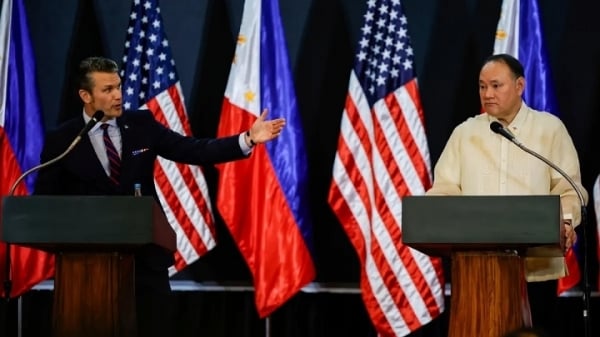
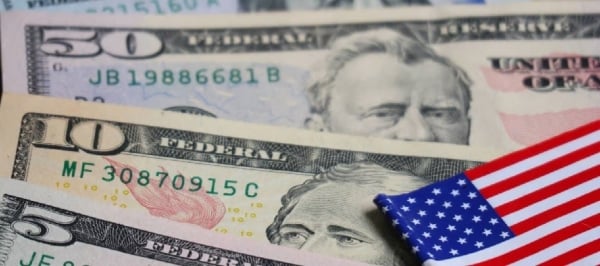


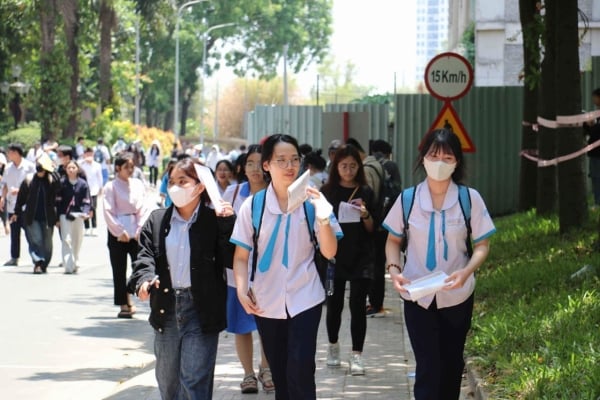
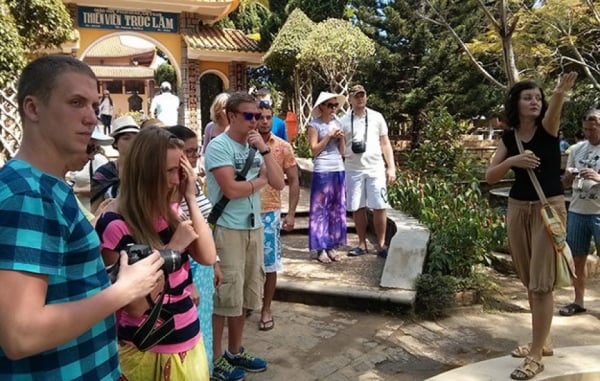
![[Photo] Ministry of Defense sees off relief forces to the airport to Myanmar for mission](https://vstatic.vietnam.vn/vietnam/resource/IMAGE/2025/3/30/245629fab9d644fd909ecd67f1749123)

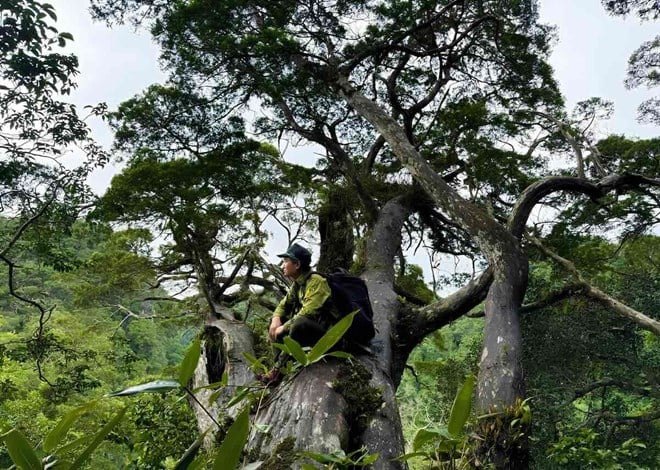














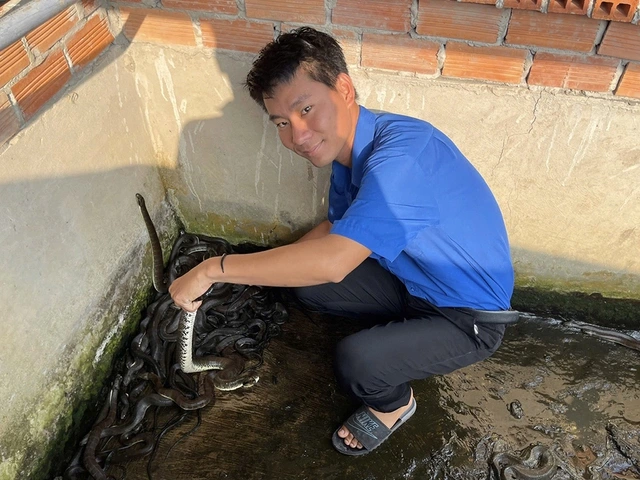


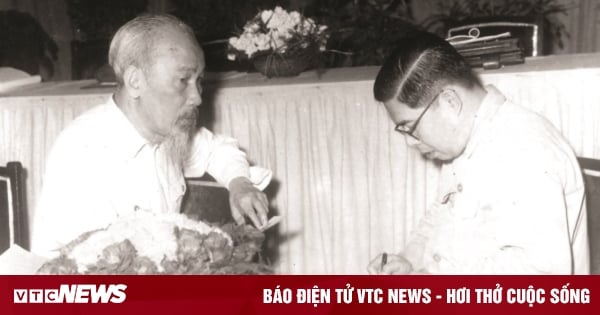
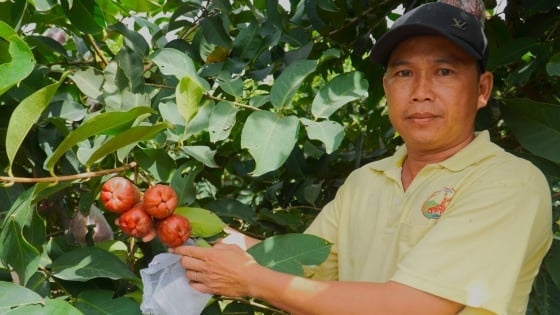












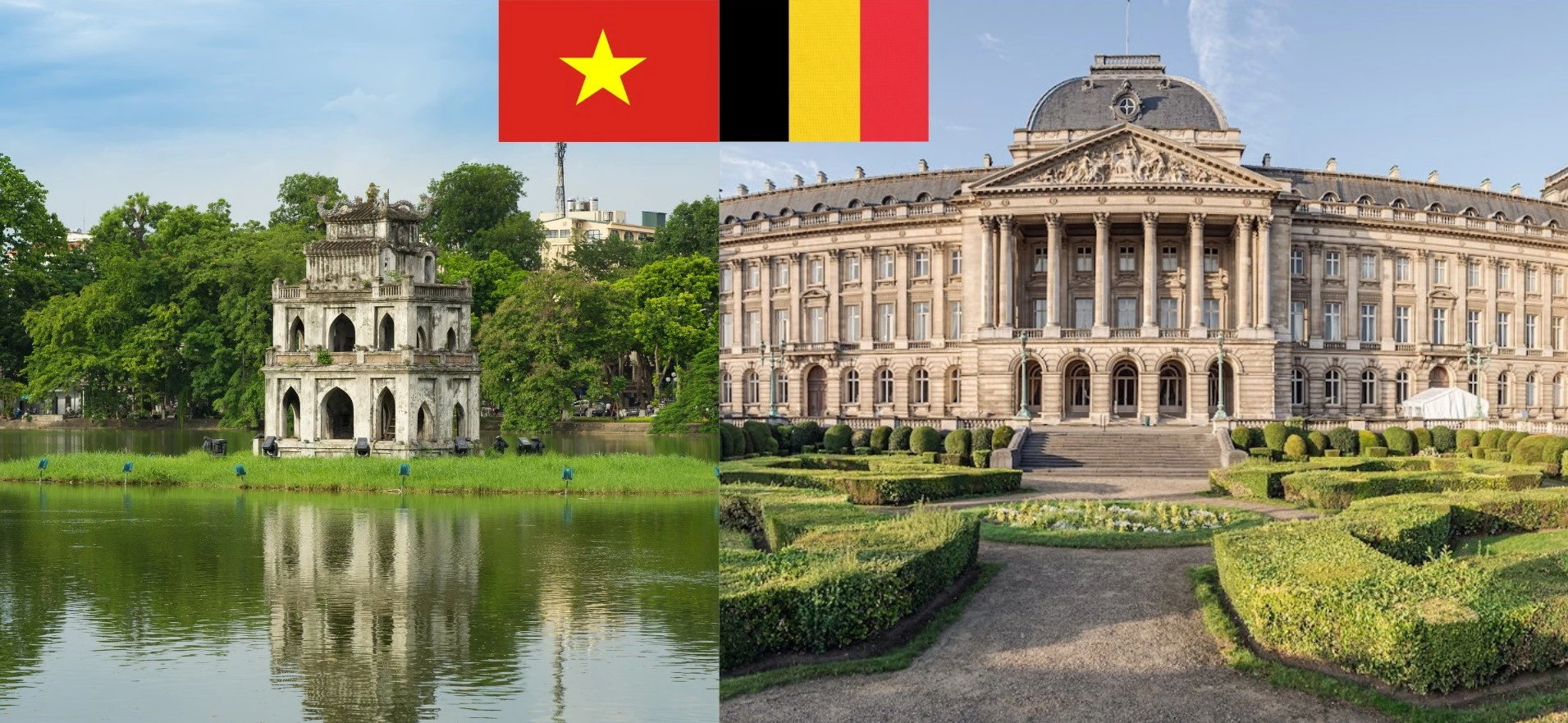

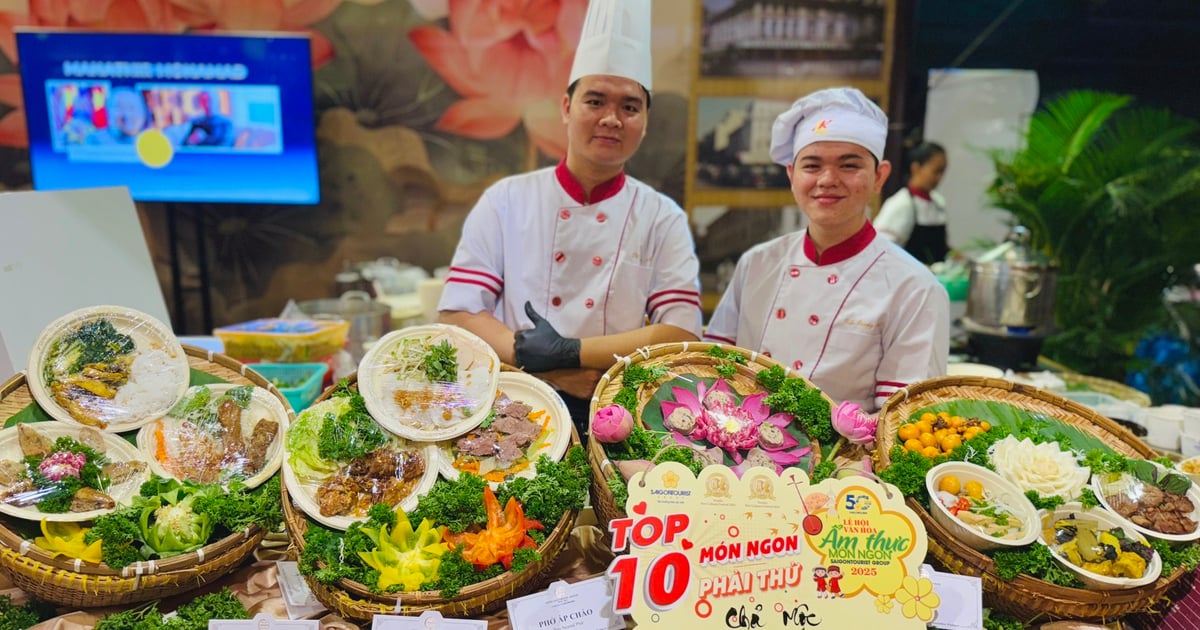





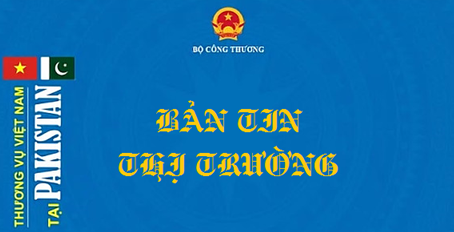



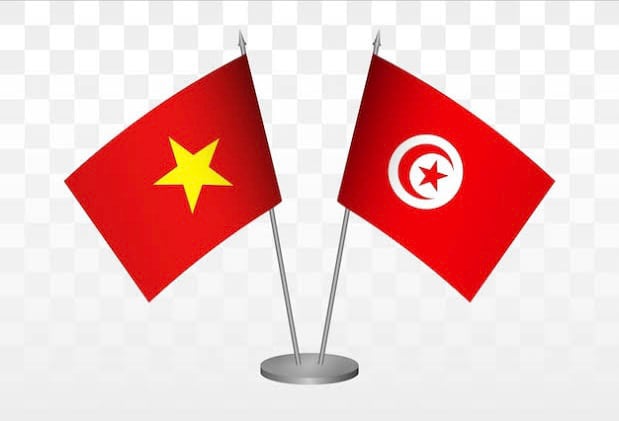
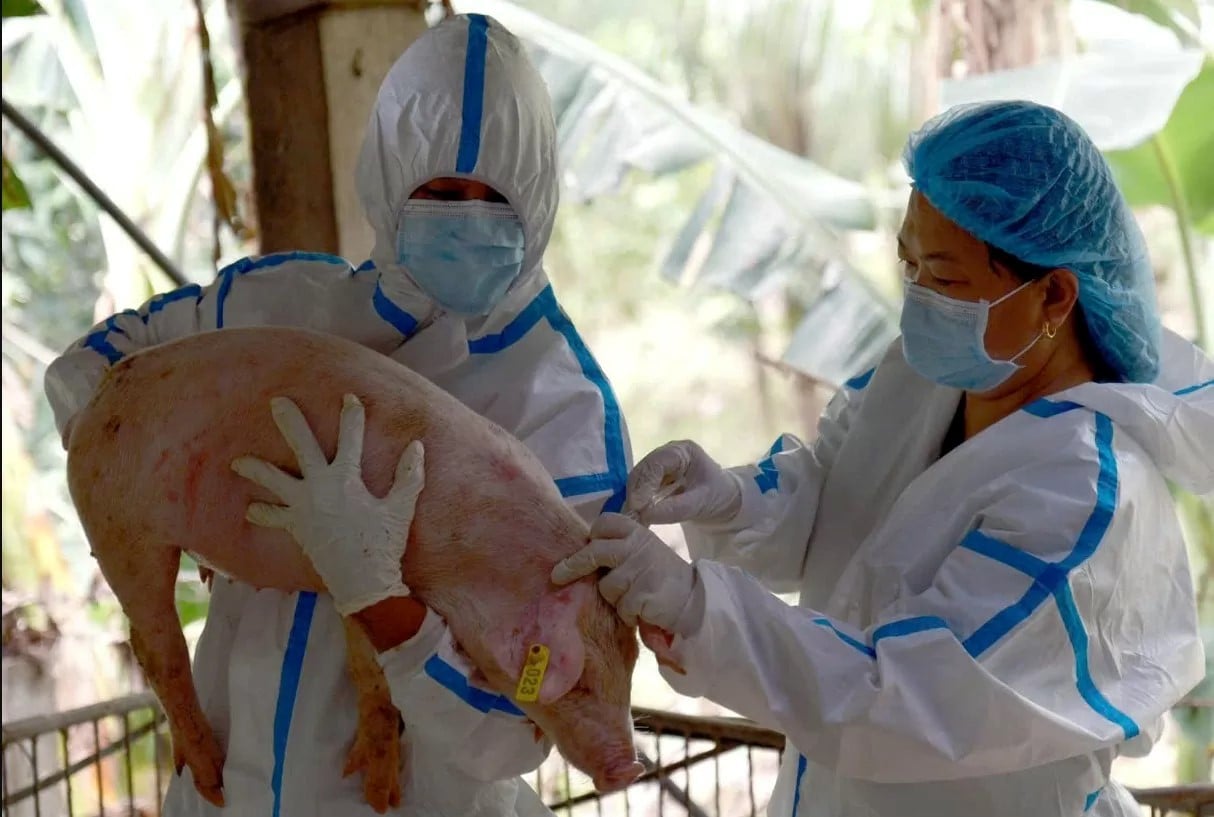
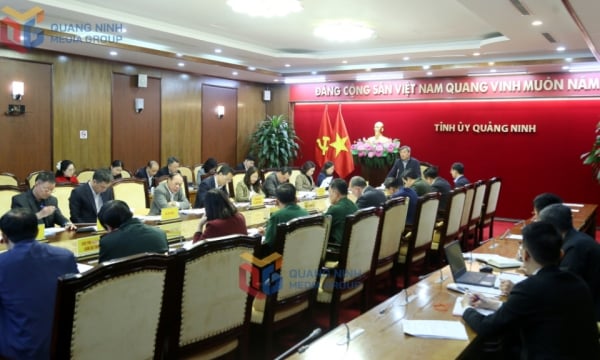
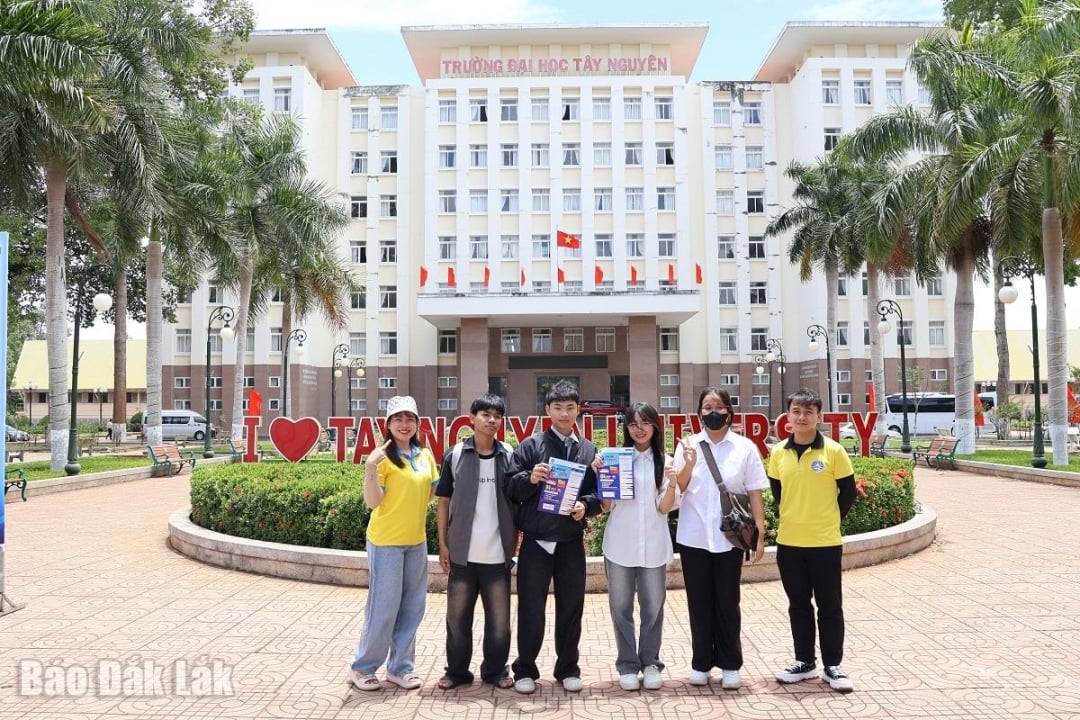



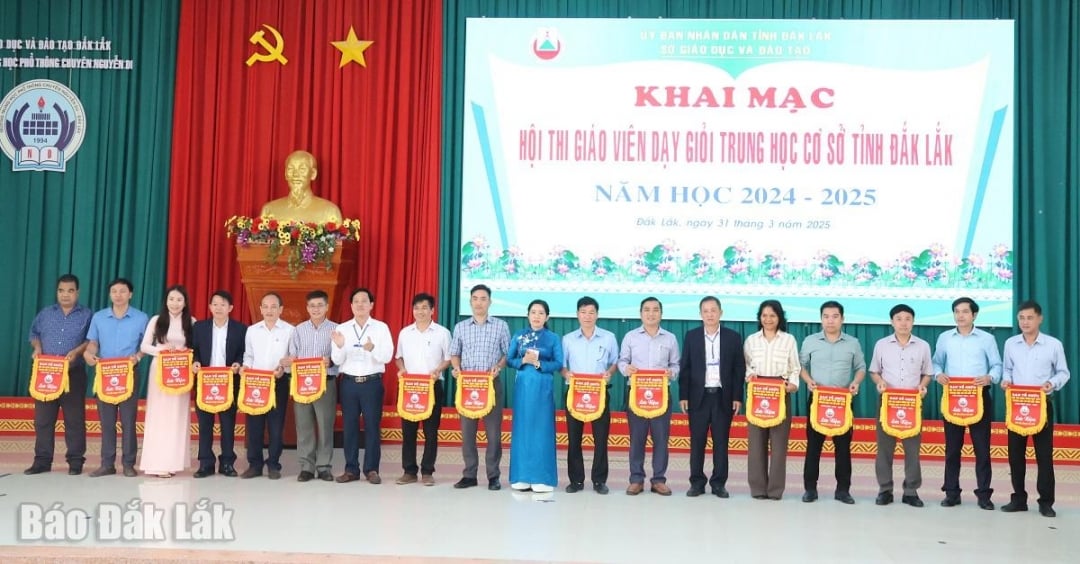
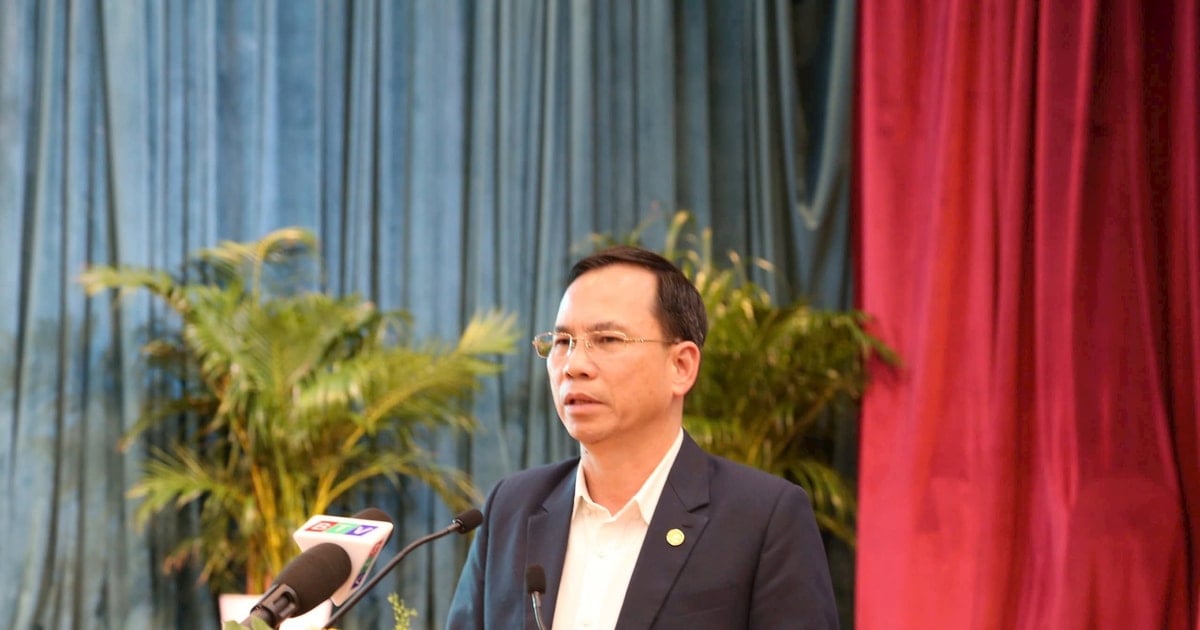

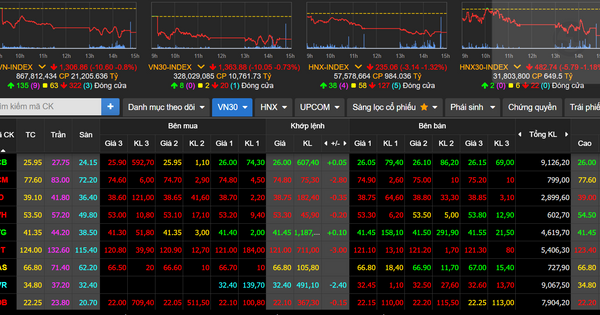








![[REVIEW OCOP] An Lanh Huong Vet Yen Cat](https://vstatic.vietnam.vn/vietnam/resource/IMAGE/2025/3/27/c25032328e9a47be9991d5be7c0cad8c)

Comment (0)